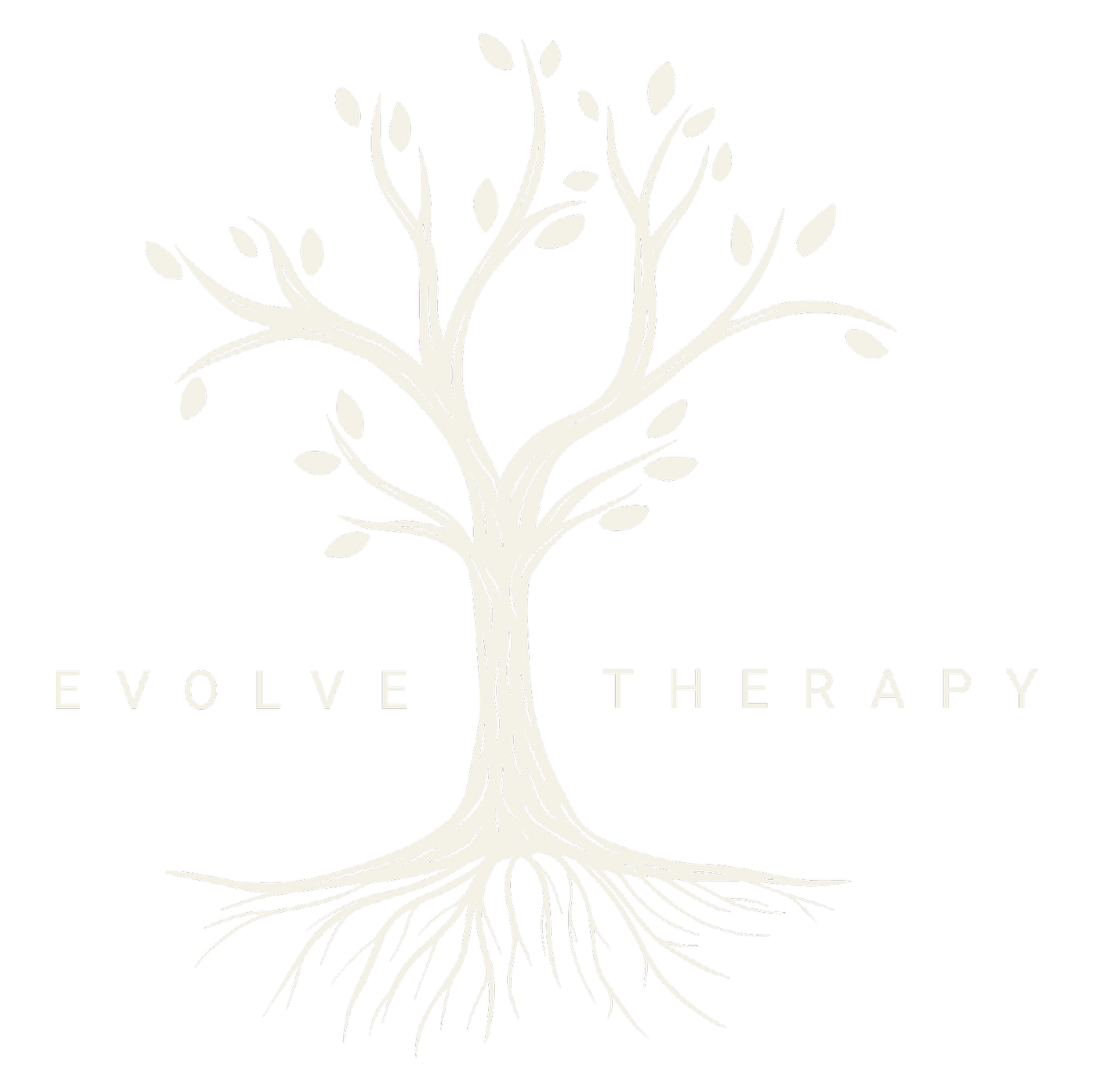What Are Signs of Unhealed Trauma?
Trauma is more than just a painful memory. It’s a deep emotional and physiological response to distressing or life-threatening events. It can arise from many experiences, such as abuse, accidents, natural disasters, medical crises, or the loss of someone you love.
When trauma isn’t processed or resolved, its effects don’t simply disappear with time. Instead, they can linger in your mind and body, quietly shaping how you think, feel, and connect with the world. Recognizing the signs of unhealed trauma is the first step toward healing and reclaiming your life.
Let’s explore what trauma really is, how unprocessed trauma can show up, and why getting support can make all the difference.
What is Trauma, Really?
Trauma is the emotional, psychological, and physical impact of an overwhelming event or series of events that exceeds your ability to cope.
For some people, trauma stems from a single incident, like a car accident. For others, it’s the result of chronic or repeated experiences, such as ongoing abuse or neglect.
Everyone responds to trauma differently. Your reaction can be influenced by:
The nature of what happened
Past experiences and existing coping skills
The level of support you had at the time
How safe you feel now
When trauma remains unhealed, it can become stored in the nervous system, making it feel like the past is still happening in the present.
How Does Unhealed Trauma Show Up?
Unhealed trauma doesn’t always look obvious. Sometimes it’s loud and disruptive—panic attacks, flashbacks, or emotional outbursts. Other times it’s quiet, showing up as numbness, disconnection, or unexplained physical symptoms.
Here are some of the most common signs of unprocessed trauma:
1. Emotional Instability
You may experience intense or unpredictable emotions—anger, sadness, fear—that feel hard to manage. Sometimes there’s the opposite: emotional numbness, where you feel detached or “shut down” from yourself and others.
2. Anxiety and Hypervigilance
Unhealed trauma often leaves the nervous system on high alert. You might:
Feel constantly “on edge” or unsafe
Be easily startled by sounds or movement
Carry a sense of dread, even in non-threatening situations
3. Avoidance Behaviors
Avoidance is a common survival strategy. You may:
Avoid certain places, people, or situations that remind you of the trauma
Emotionally “check out” or suppress feelings connected to what happened
4. Flashbacks & Intrusive Thoughts
Trauma can replay in the mind and body:
Flashbacks that feel like you’re reliving the event
Intrusive, unwanted thoughts about what happened, even when you try not to think about it
5. Relationship Struggles
Trauma can make trust, intimacy, and connection feel challenging. You might:
Feel distant or disconnected from loved ones
Struggle with boundaries or over-rely on others
Avoid closeness altogether to protect yourself
6. Physical Symptoms
The body holds trauma, often leading to:
Headaches or migraines
Chronic pain or tension
Digestive issues
A weakened immune system
7. Self-Destructive Coping
Sometimes, people try to numb the pain through:
Alcohol or drug use
Overworking, perfectionism, or compulsive behaviors
Other patterns that offer temporary relief but create more problems long-term
8. Changes in Self-Perception
Unhealed trauma can shift the way you see yourself. It may bring feelings of:
Shame or guilt
Low self-worth
Believing you’re “broken” or undeserving of love, safety, or happiness
Why Professional Help Matters
Unhealed trauma is complex. It affects the brain, body, and nervous system which means it often won’t fully resolve on its own. While you may try to “move on,” those unresolved experiences can keep resurfacing.
Trauma therapy offers a safe, structured way to process and release what’s been stored.
At Evolve Therapy, we specialize in helping clients gently and effectively work through trauma using evidence-based, body-informed approaches like:
Deep Brain Reorienting (DBR) – a powerful modality for processing the root of trauma in the brainstem
EMDR (Eye Movement Desensitization and Reprocessing) – to help the brain reprocess stuck traumatic memories
Polyvagal-informed therapy – to regulate the nervous system and restore a sense of safety
Cognitive Behavioral Therapy (CBT) – to shift unhelpful thought patterns
Our approach is holistic and compassionate, honoring the mind-body connection so that healing feels both safe and sustainable.
Healing is Possible
Living with unprocessed trauma can feel exhausting and isolating, but it’s important to know: you are not alone, and healing is possible. With the right support, you can:
Feel calmer and more grounded
Reconnect with your body in a safe way
Build healthier relationships
Regain trust in yourself and the world
Therapy isn’t about erasing the past, it’s about releasing its grip so you can move forward with more freedom and peace.
Take the Next Step Toward Healing
Unhealed trauma can deeply affect your emotional health, relationships, and even your physical well-being. Recognizing the signs is the first step. The next step is reaching out for support.
At Evolve Therapy, we offer trauma therapy and anxiety treatment in Phoenix, Scottsdale, and throughout Arizona, as well as virtual sessions for clients in Connecticut. Our therapists are here to guide you through the healing process with care and expertise.
Visit us in Phoenix, AZ, or schedule a virtual session.
Call (480) 269-2238 today to book your consultation.
You don’t have to carry the weight of trauma alone. Support is here.
Takeaways
Unhealed trauma doesn’t simply “fade away.” It can silently shape how you feel, think, and connect with others—but with the right help, you can process it and reclaim your sense of safety and self.
If you’re ready to explore trauma therapy in Phoenix, AZ, or want support with anxiety, chronic stress, or PTSD, Evolve Therapy is here to help you heal.
Reference:
https://www.nimh.nih.gov/health/topics/coping-with-traumatic-events
Looking for a therapist in Phoenix, Arizona who specializes in holistic, personalized trauma treatment?
(Arizona & Connecticut residents only)
About the author
Beth Freese, LPC, is a trauma and anxiety therapist specializing in EMDR and Deep Brain Reorienting (DBR). She offers virtual therapy and in-person intensives in Arizona and Connecticut, helping clients move beyond overwhelm and reconnect with themselves.




